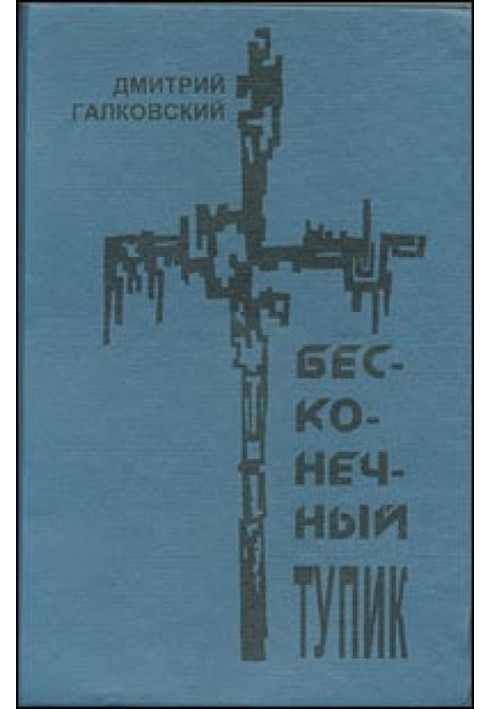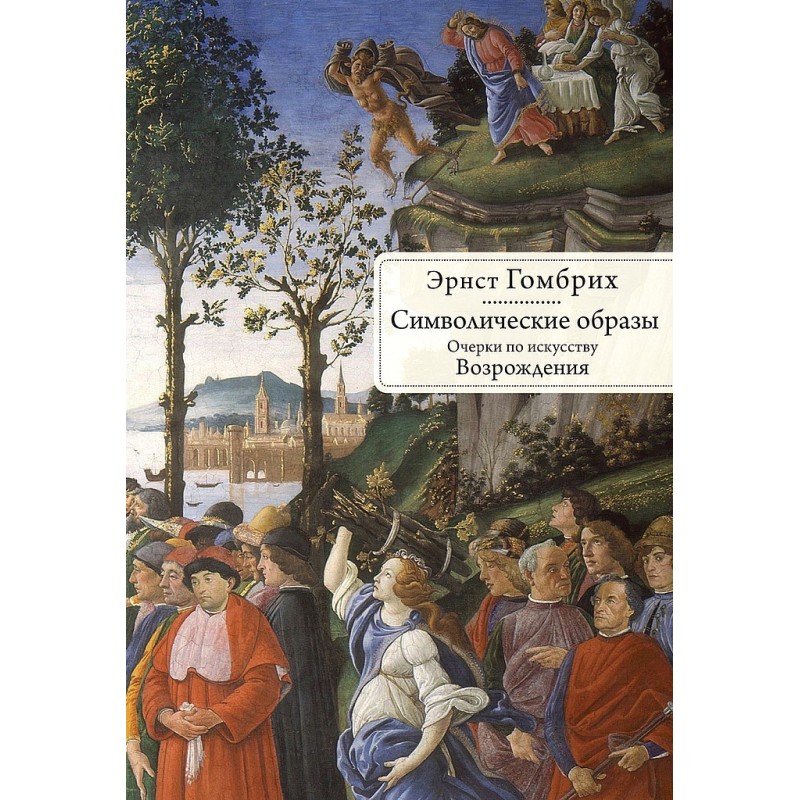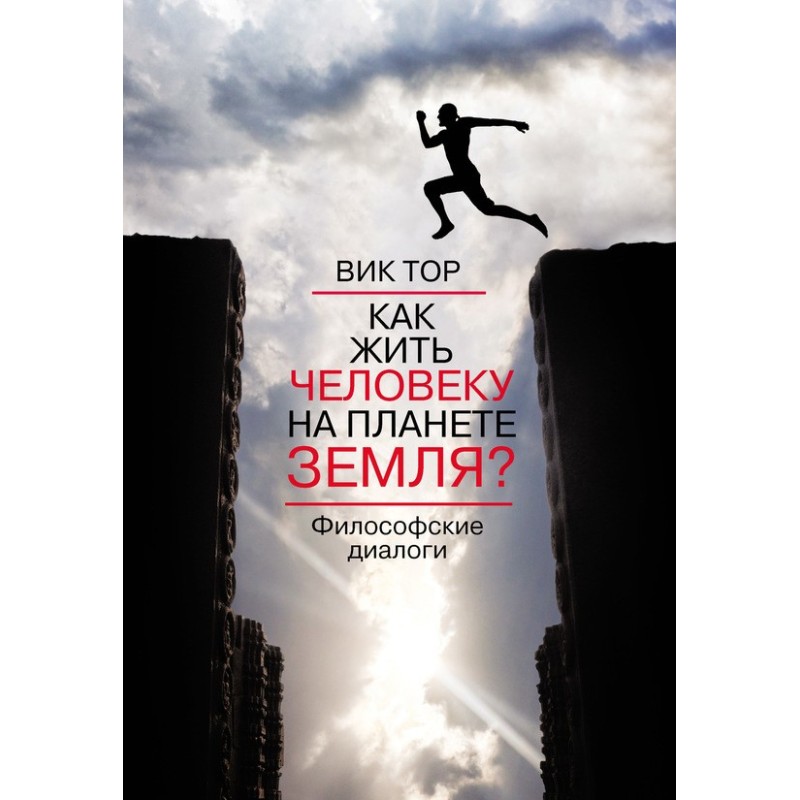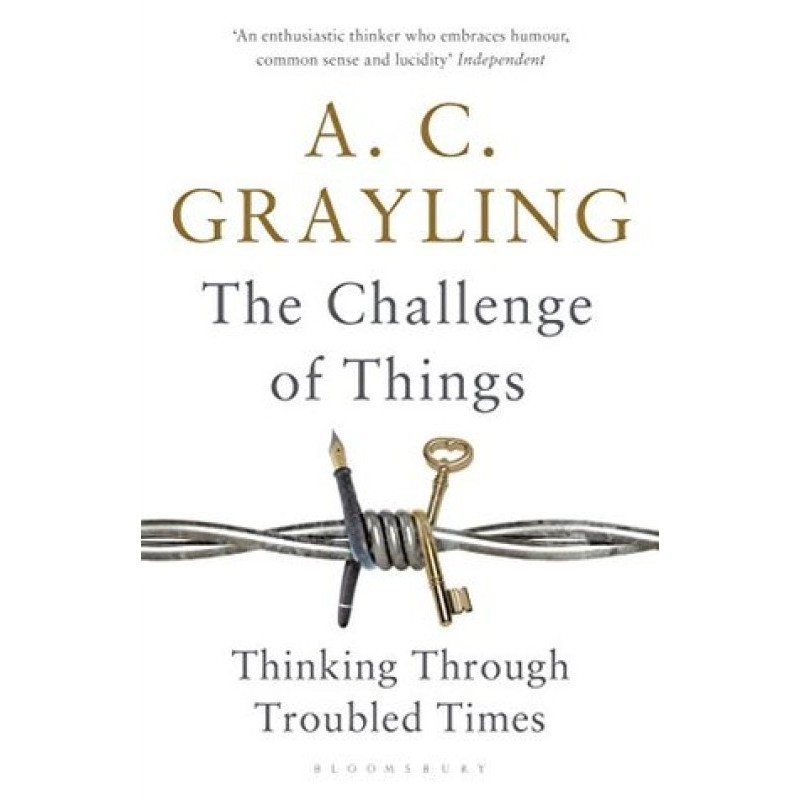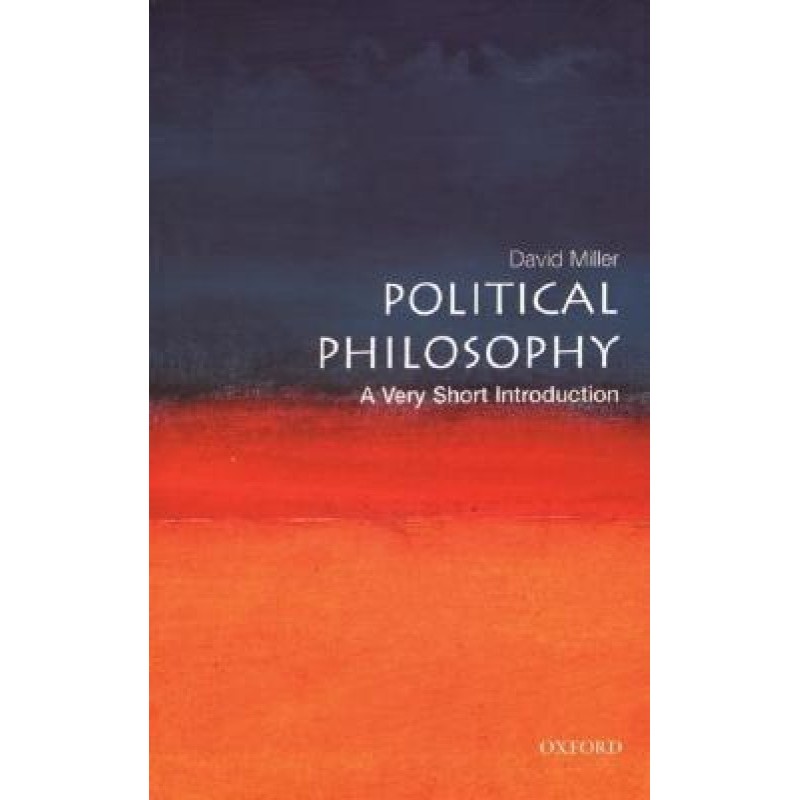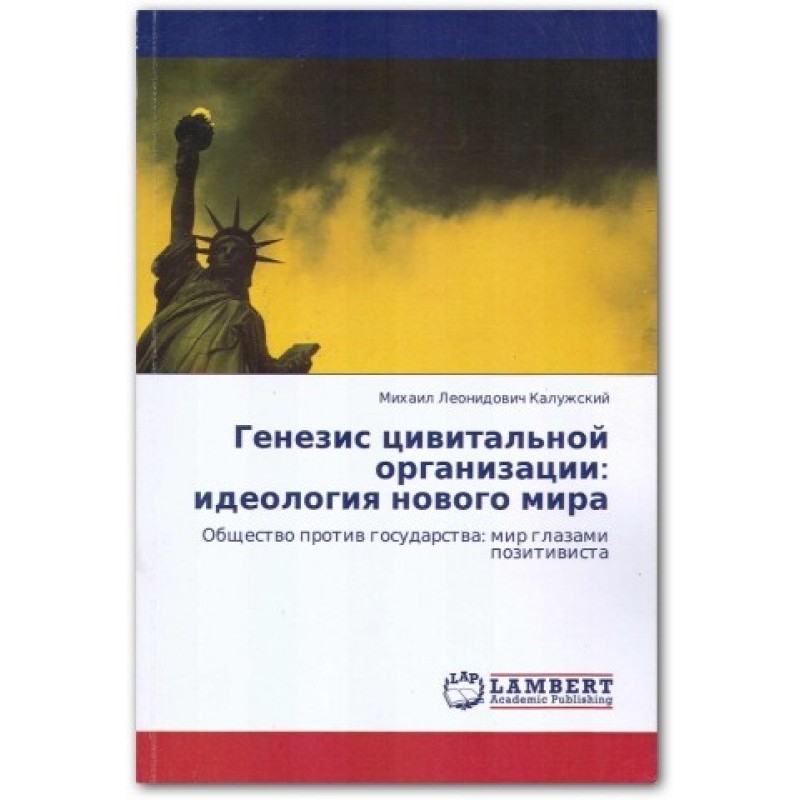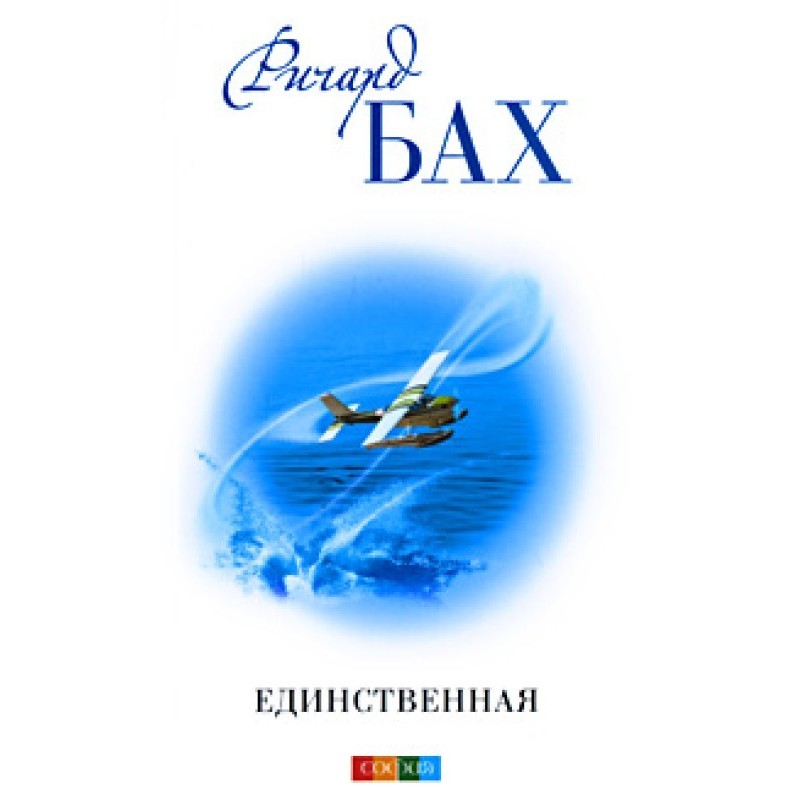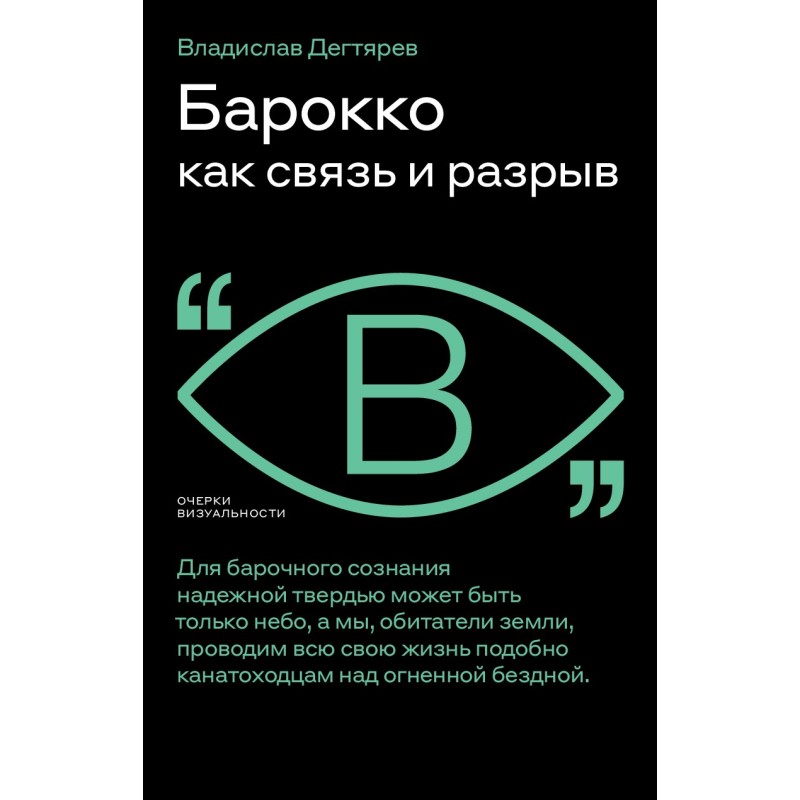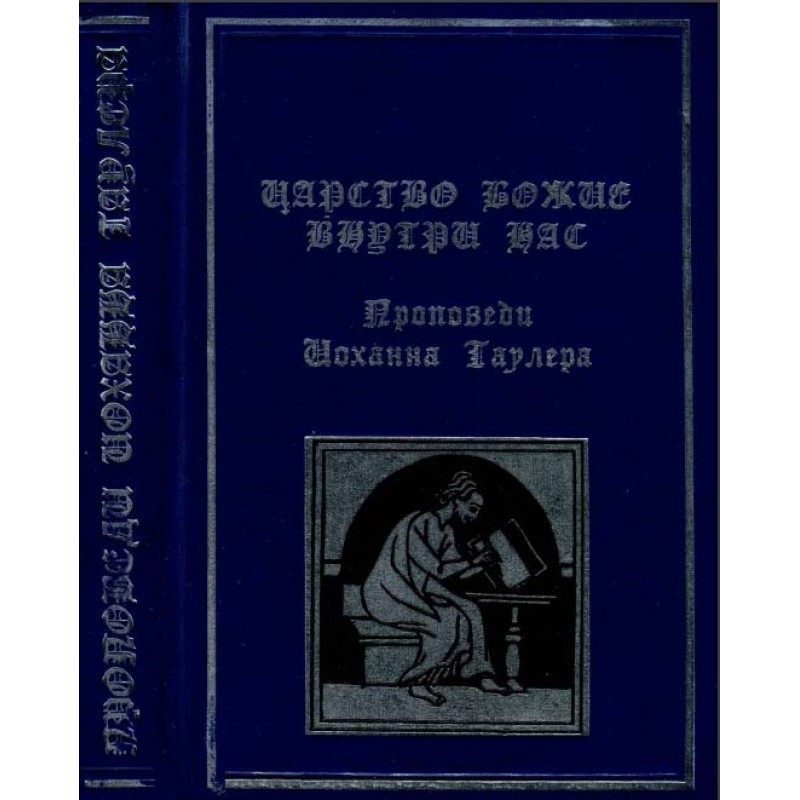Endless dead end
 Instant download
Instant download
after payment (24/7)
 Wide range of formats
Wide range of formats
(for all gadgets)
 Full book
Full book
(including for Apple and Android)
“...the book is actually called “Notes on Infinite Dead End” and consists of 949 “notes” to a small original text.
Each of the 949 “notes” of the book represents a fairly complete reflection on for one reason or another. The size of the “notes” ranges from an aphorism to a short article. At the same time, “Endless Dead End” is still not a collection, but an integral work with a certain plot and semantic sequence. This is a philosophical novel dedicated to the history of Russian culture of the 19th-20th centuries, as well as the fate of the “Russian personality” - weak and unhappy, but still EXISTING.
The structure of “Endless Dead End” is quite complex. Most "notes" are comments on other "notes", that is, they are "notes on notes", "notes on notes of notes", etc. For the convenience of readers, a corresponding index is published at the end of the book...”
This short article was written by me 15 years ago for an underground philosophical circle founded at the university by Dmitry Baram. The circle soon disbanded. Partly due to the weak composition (the only person really related to philosophy there was Igor Makhankov, Losev’s last secretary), partly due to the very bad situation in the country (“Andropovism” and then “Chernenkovism”). I never read the report on Rozanov; during the perestroika years, a distorted piece of “The Rounded World” was published in the magazine “Socium”, and it is being published in full only now. “The Rounded World” was my first work that “sold hands.” From this seed arose the "Core" of "Endless Dead End" and then "Endless Dead End" itself ("Notes"). What makes “The Rounded World” so interesting? For me, and maybe for you...
Attention! This text contains references to the corresponding “notes” of the hypertext, but there are no references back to the “Main Part” in the hypertext itself. “The main part” was written much earlier and is a monotext aimed at simple reading. Thus, the links provided here have rather literary significance and it is better for the “normal reader” not to use them.
(compiled by Vladimir Dvoretsky)
Data sheet
- Name of the Author
- Дмитрий Галковский Евгеньевич
- Language
- Russian

